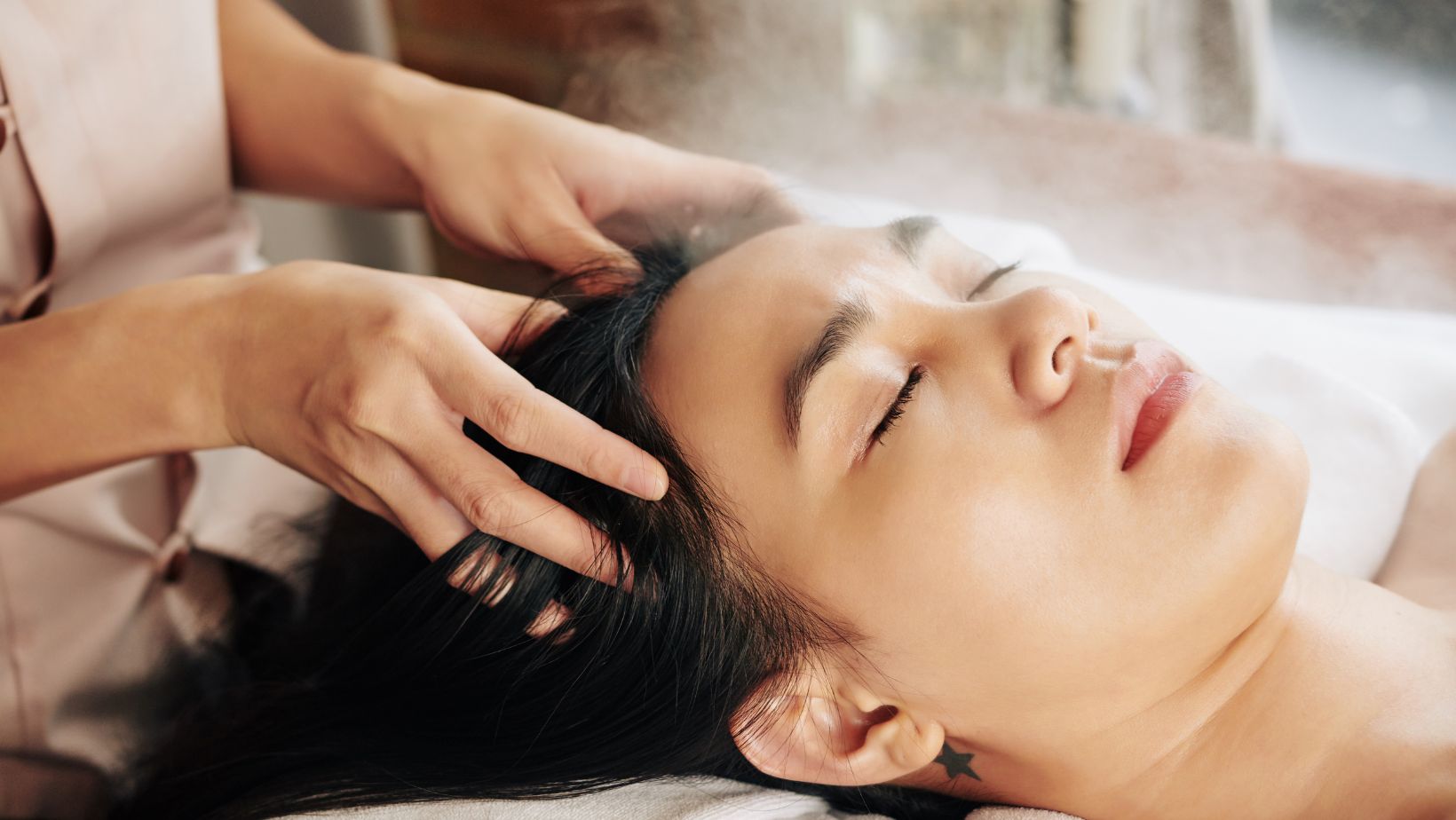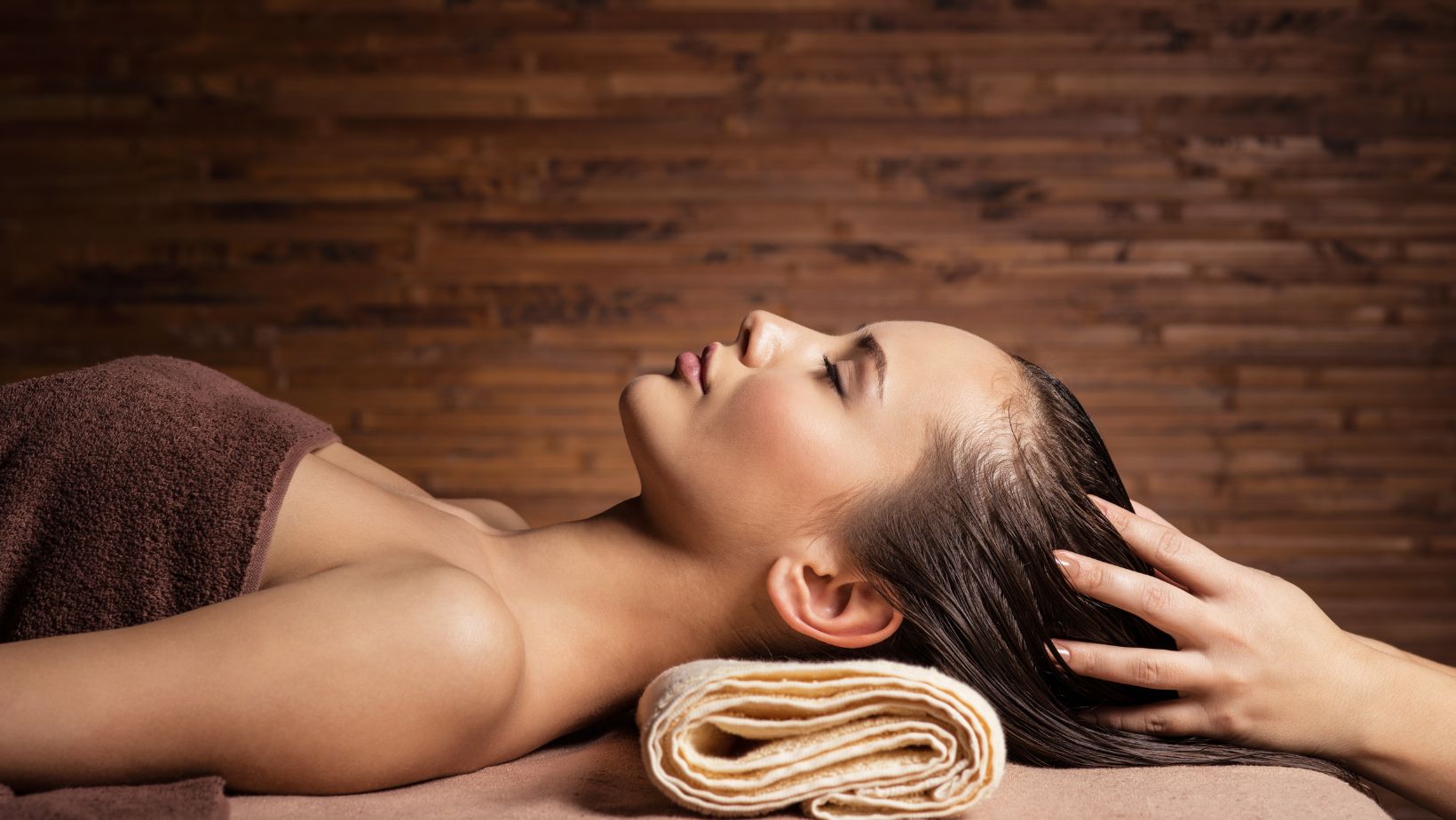For decades, hair relaxers have been a popular choice for people looking to straighten and smooth their hair. These products promise a sleek and manageable look, which is particularly appealing to those with naturally curly or textured hair.
However, questions about the safety of hair relaxers have started to gain attention in recent years, sparking debate and concern.
Some reports have linked the use of hair relaxers to health risks, including cancer. This has left many people wondering if the products they have trusted for years could be harmful. Scientific studies and lawsuits have added to the controversy, with some alleging that long-term exposure to certain chemicals in relaxers might increase cancer risks.
The issue has become so significant that it’s now the subject of heated discussions online and in the news. Concerns about hair relaxers causing cancer are not only affecting consumers but also putting pressure on manufacturers to address these claims. If you’re someone who uses hair relaxers or is considering them, understanding the facts is crucial.
What are Hair Relaxers?
Hair relaxers are chemical products designed to straighten curly or textured hair. They work by breaking down the protein structure in the hair, which allows it to be reshaped and straightened.
Typically, these products are applied to the hair for a specific amount of time before being rinsed out. The results can last several weeks, making relaxers a convenient option for many.
There are different types of hair relaxers on the market, including lye-based, no-lye, and natural relaxers. Lye relaxers contain sodium hydroxide, a strong chemical that works quickly but can be harsh on the scalp. No-lye relaxers use calcium hydroxide, which is considered gentler but may leave calcium buildup on the hair. Natural relaxers claim to use less harsh ingredients, though their effectiveness can vary.
While hair relaxers have been widely used for decades, concerns about their safety have led some people to seek alternative hair-straightening methods.
Is There a Link Between Hair Relaxers and Cancer?
The question of whether hair relaxers can cause cancer is a complicated one. Some studies have suggested a possible link between long-term use of relaxers and certain types of cancer, such as uterine and breast cancer. These studies focus on the chemicals found in many relaxers, including endocrine-disrupting compounds that can interfere with hormonal functions.
One notable study conducted by the National Institutes of Health (NIH) found that women who frequently used hair relaxers were more likely to develop uterine cancer than those who did not. The study pointed to chemicals like parabens, phthalates, and formaldehyde, which are commonly found in relaxers, as potential culprits.
However, it’s important to note that these findings are not definitive and more research is needed to establish a clear cause-and-effect relationship.
Despite the lack of conclusive evidence, the concerns about hair relaxers causing cancer have led many consumers to rethink their hair care routines. It has also prompted discussions about the need for stricter regulations and more transparency from manufacturers regarding the safety of their products.
Are There Any Lawsuits Related to Hair Relaxers and Cancer?
Yes, the concerns about hair relaxers and cancer have led to several lawsuits. These cases typically involve individuals who claim that using hair relaxers caused them to develop cancer or other health issues. The lawsuits often allege that manufacturers failed to adequately warn consumers about the potential risks associated with their products.
For example, recent lawsuits have been filed against major beauty brands, accusing them of knowingly selling products containing harmful chemicals. Plaintiffs argue that these companies prioritized profits over consumer safety by not disclosing the potential risks.
Some cases have even highlighted the disproportionate impact on women of color, who are the primary users of hair relaxers.
These lawsuits have brought increased attention to the issue and may lead to changes in how hair relaxers are formulated and marketed. They also serve as a reminder of the importance of understanding the products we use and advocating for greater accountability from manufacturers.
Conclusion
The debate over whether hair relaxers cause cancer is far from settled. While some studies suggest a possible link, definitive evidence is still lacking.
However, the potential risks are enough to raise valid concerns among users.
If you use hair relaxers, staying informed about the ingredients in these products and any associated risks is crucial. You may also want to consider alternative methods for managing your hair.

For those who believe they’ve been harmed by hair relaxers, legal options may be available to seek compensation and hold manufacturers accountable.
Ultimately, the controversy surrounding hair relaxers highlights the need for more research, better regulations, and greater transparency in the beauty industry. Until then, the decision to use these products remains a personal one, guided by your own priorities and comfort level with potential risks.




